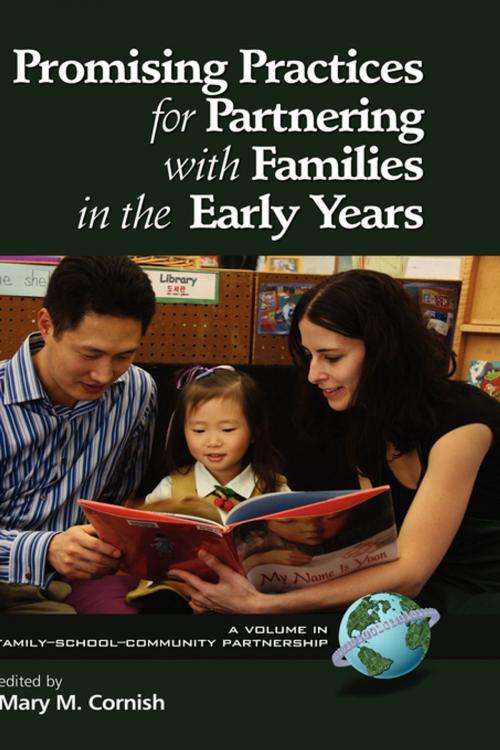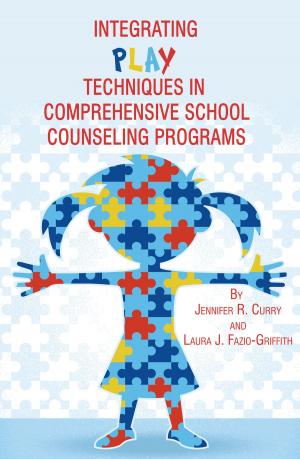Promising Practices for Partnering with Families in the Early Years
Nonfiction, Reference & Language, Education & Teaching, Higher Education, Teaching, Teaching Methods| Author: | ISBN: | 9781607529354 | |
| Publisher: | Information Age Publishing | Publication: | August 1, 2008 |
| Imprint: | Information Age Publishing | Language: | English |
| Author: | |
| ISBN: | 9781607529354 |
| Publisher: | Information Age Publishing |
| Publication: | August 1, 2008 |
| Imprint: | Information Age Publishing |
| Language: | English |
This volume is directed toward research to practice issues related to partnering with families of children birth through age 5. This monograph and the next monograph focuses on family and school involvement issues in two age categories. This sixth volume analyzes family involvement practices across a variety of settings and programs at the early childhood level. The seventh monograph in this series addresses research and practices related to familyschool issues in middle and secondary schools. The chapters address, to varying degrees, five themes based on the principles of familycentered partnerships: 1. Recognizing and respecting one anther’s knowledge and expertise; 2. Sharing information through twoway communication; 3. Sharing power and decision making; 4. Acknowledging and respecting diversity; and 5. Creating networks of support The monograph supports the accomplishment of these goals as a whole by providing important insights about exemplary programs and promising practices, informed by current research. Also it highlights policies and theoretical perspectives relevant to these aims. Individual chapters offer a variety of practical strategies and recommendations that families, early childhood practitioners, policymakers, and researchers can use to enhance their knowledge and strengthen their skills for partnering effectively.
This volume is directed toward research to practice issues related to partnering with families of children birth through age 5. This monograph and the next monograph focuses on family and school involvement issues in two age categories. This sixth volume analyzes family involvement practices across a variety of settings and programs at the early childhood level. The seventh monograph in this series addresses research and practices related to familyschool issues in middle and secondary schools. The chapters address, to varying degrees, five themes based on the principles of familycentered partnerships: 1. Recognizing and respecting one anther’s knowledge and expertise; 2. Sharing information through twoway communication; 3. Sharing power and decision making; 4. Acknowledging and respecting diversity; and 5. Creating networks of support The monograph supports the accomplishment of these goals as a whole by providing important insights about exemplary programs and promising practices, informed by current research. Also it highlights policies and theoretical perspectives relevant to these aims. Individual chapters offer a variety of practical strategies and recommendations that families, early childhood practitioners, policymakers, and researchers can use to enhance their knowledge and strengthen their skills for partnering effectively.















